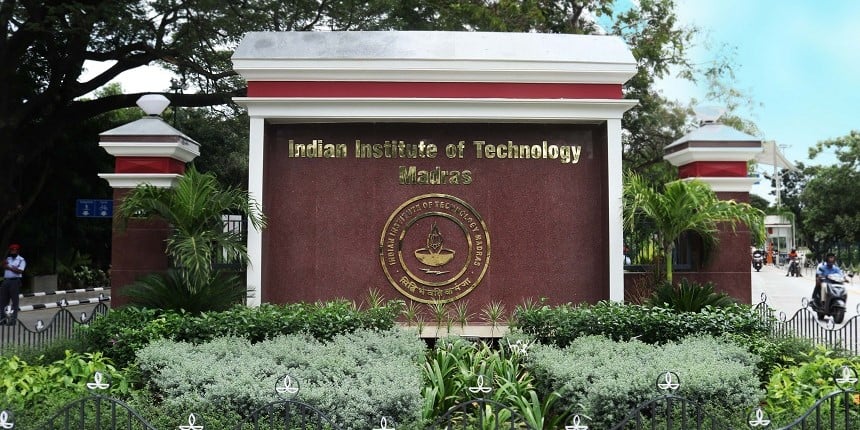IIT Madras researchers develop model to help produce environment friendly bio-cement
Vagisha Kaushik | April 29, 2022 | 03:43 PM IST | 2 mins read
Bio-cement is more energy efficient, eco-friendly, economical and its production is faster than conventional cement.

NEW DELHI: The Indian Institute of Technology (IIT) Madras researchers have developed a structured model to help in the production of biocement, which is an alternative sustainable process for cementation. It has the potential to reduce the production of Carbon Dioxide (CO2) in the future.
Called ‘Microbially Induced Calcite Precipitation’ (MICP), this process is used to make bio-cement using bacteria. The research was focused to gain better understanding of the MICP process with a long term aim to boost manufacturing of bio-cement.
Also Read | IIT Delhi to organise Do-It-Yourself summer boot camp for Class 11 and 12 school students
Cement manufacturing is among the largest CO2-producing industries. It is important to develop alternative sustainable processes for manufacturing cement to reduce CO2 emissions and Bio-Cement can be a major step in this direction, said an official statement from IIT Madras.
The IIT Madras research team was led by Professor G K Suraishkumar, Department of Biotechnology; Nirav Bhatt, Assistant Professor, Department of Biotechnology; and Subasree Sridhar, Research Scholar, IIT Madras.
The researchers studied the MICP process using the bacteria, S pasteurii, proposed and developed a structured model for the overall ureolysis processes (uptake and breaking of urea using bacteria) to scale up the MICP process.
Bio-cement Advantages
The main advantages of bio-cement over conventionally-manufactured cement are:
- Bio-cement synthesis is more energy efficient as it requires temperatures in the range of 30 to 40 degree celsius whereas conventional cement production requires above 900 degree celsius
- Bio-cement is eco-friendly because it has negligible carbon dioxide emission, whereas conventional cement production is a significant contributor of global carbon dioxide emissions
- Bio-cement production can potentially be more economical since industrial wastes such as Lactose Mother Liquor (LML) and Corn Steep Liquor (CSL) can also be used as raw materials for the bacteria
- Bio-cement production is faster
- Bio-cement has comparable shear strength, durability and reduced water absorption capacity and permeability to the conventional cement.
Also Read | IIT Jodhpur researchers develop method to detect cataracts with near-infrared eye images
Explaining the practical applications of this research, Suraishkumar said, “The current applications are self-healing cement for sealing cracks in difficult-to-reach locations, consolidation of soil structures, removal of heavy metals and ‘radionuclides’ from drinking water, among others. A better understanding of the fundamental microbial processes such as overall ureolysis in the bio-cement formation could help us design and operate bioreactors for bio-cement production in the future to replace conventional cement for some applications”
Follow us for the latest education news on colleges and universities, admission, courses, exams, research, education policies, study abroad and more..
To get in touch, write to us at news@careers360.com.